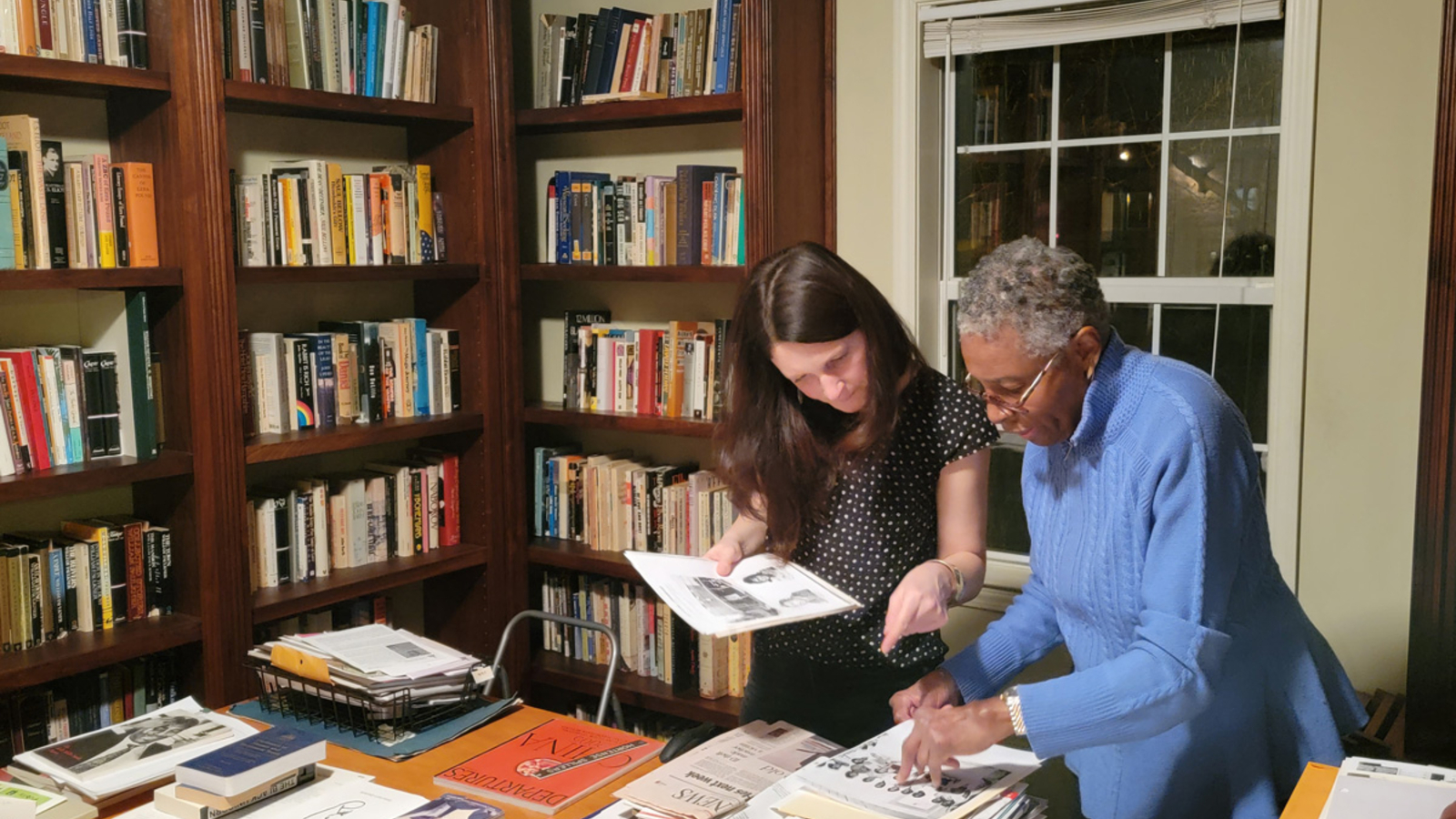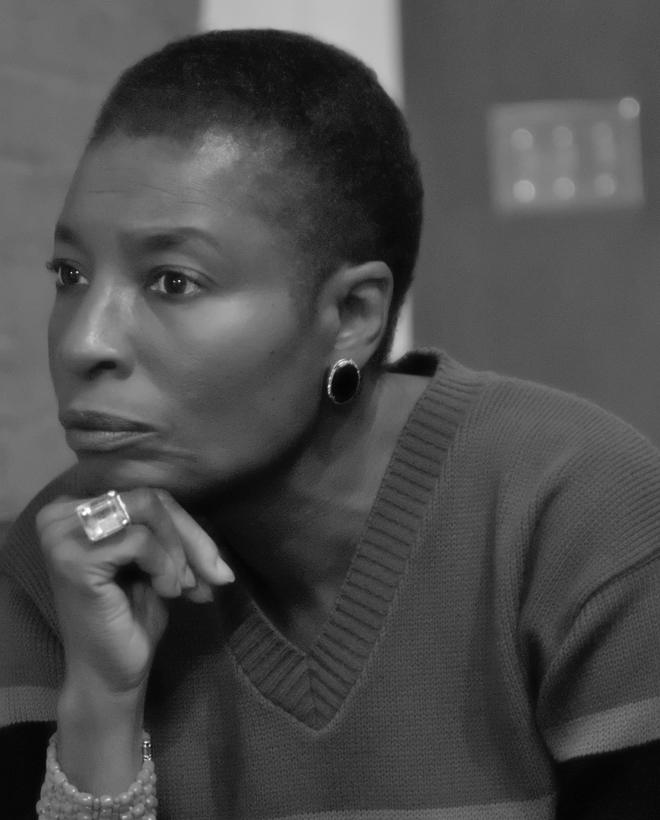Hortense J. Spillers


Hortense J. Spillers
Inspiring Black feminist theorist and critic, your foundational work, embedded in your deep historical and literary knowledge, challenges received thought and provides us a profound understanding of how race and gender shape the modern world. In three books and dozens of essays, you rewrite the American grammar book, claiming the insurgent ground as you revolutionize how we consider and write about our nation’s history and culture. Pioneering thinker, we celebrate the marvels of your inventiveness, and your enduring contributions to letters, as we proudly confer on you the degree of Doctor of Humanities.
Hortense J. Spillers—teacher, scholar, literary critic, writer—is recognized as the most consequential theorist in Black feminist and humanist inquiry, whose impact on U.S. and global feminist theory and Black studies is without peer. The Gertrude Conaway Vanderbilt Professor and distinguished research professor emerita at Vanderbilt University, she is the author of “Mama’s Baby, Papa’s Maybe: An American Grammar Book,” one of the most-cited essays in African American literary studies.
Growing up in Memphis, Tennessee, Spillers was raised in the Black Baptist tradition of the American South to be, as she would later describe it, “something of a child orator.” The youth of her church were taught to memorize and deliver readings of long-form poetry to gain confidence in public speaking. As a result, she fell in love with words and the power of their influence, dreamed of becoming president of the United States, and immersed herself in politics, civics, and the issues of democracy. Spillers attended the University of Memphis, earning bachelor’s and master’s degrees and disc-jockeying at WDIA radio, one of the first all-Black stations in the country. She then headed north during the summer of 1968 to pursue graduate studies at Brandeis University. Inspired by the prophetic books of poet William Blake, she had changed course from her early visions of a career in politics, law, or broadcasting to study, instead, English literature. Her doctoral dissertation laid the foundation for her subsequent scholarship on Black culture and the African diaspora by examining the poetic and narrative form, unifying function, and cathartic nature of the Black sermon tradition.
“Take joy in living, and with the poet, always honor the ‘holiness of the heart’s affections.’”
After completing her doctorate, Spillers began her career at Wellesley College. She would go on to hold faculty positions at Haverford College (where she chaired the English department), Cornell University (as the Frederick J. Whiton Professor of English), and Emory University—as well as visiting appointments at Duke University and the Free University in Berlin—before joining the Vanderbilt faculty in 2006. She has taught courses in African and African American literature, Faulkner, and feminist theory. Her current research focuses on the idea of Black culture; women and early republican formations; Faulkner and DuBoisian “double consciousness”; statelessness and the early modern Black subject; and Richard Wright, James Baldwin, and Ralph Ellison at mid-century. She is the author of Black, White, and in Color: Essays on American Literature and Culture (2003) and editor of Conjuring: Black Women, Fiction, and Literary Tradition (1985, with Marjorie Pryse) and Comparative American Identities: Race, Sex, and Nationality in the Modern Text (1991).
Spillers is a past recipient of grants from The Rockefeller Foundation and the Ford Foundation; a former fellow of the National Humanities Center and the Center for the Study of the Behavioral Sciences; a member of both the Modern Language Association and the Society for the Study of Narrative; and an elected member of the American Academy of Arts and Sciences. Among numerous career awards, she has been honored by the Caribbean Philosophical Association with its Nicolás Guillén Lifetime Achievement Award (2017), and with the Brandeis University Alumni Achievement Award (2019), which celebrated her as a “pioneering professor, feminist scholar and critic.”
Spillers, based in the music city of Nashville, lives by the words of the great composer Duke Ellington: “It don’t mean a thing if it ain’t got that swing!”